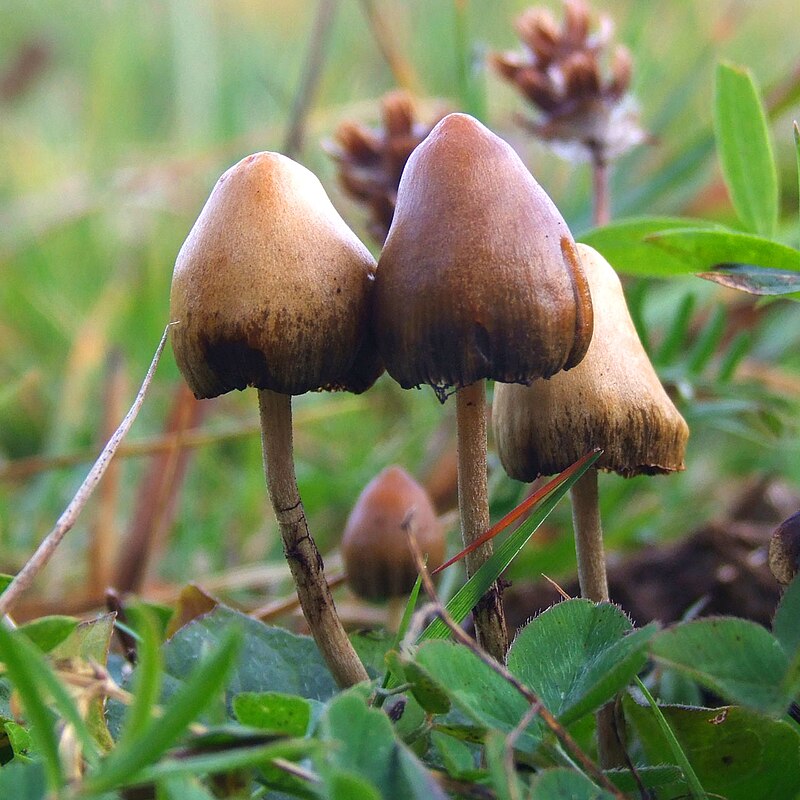In recent years, there has been a resurgence of interest in the therapeutic potential of psychedelics, particularly magic mushrooms. This resurgence marks a paradigm shift in psychiatry, as researchers delve into the promising path of utilizing these substances to treat various mental health disorders. Magic mushrooms, containing the psychoactive compound psilocybin, have shown remarkable efficacy in treating conditions such as depression, anxiety, PTSD, and addiction. One of the key factors driving this renewed interest is the growing body of scientific evidence supporting the therapeutic benefits of psilocybin. Studies have demonstrated that psilocybin can induce profound changes in consciousness, leading to introspection, enhanced emotional processing, and a sense of interconnectedness. These experiences can have a therapeutic effect, particularly in individuals struggling with treatment-resistant depression or trauma-related disorders.

Moreover, research has shown that psilocybin can promote neuroplasticity, the brain’s ability to reorganize and form new connections. This neuroplastic effect is crucial in treating mental health disorders as it allows for the restructuring of maladaptive thought patterns and behaviors. By fostering neuroplasticity, magic mushrooms offer a unique approach to therapy that goes beyond traditional pharmacological interventions. One area where magic mushrooms have shown remarkable promise is in the treatment of depression. Conventional antidepressants often take weeks to show significant effects, and many individuals do not respond adequately to these medications. In contrast, shrooms near me psilocybin-assisted therapy has demonstrated rapid and enduring antidepressant effects in clinical trials. Patients report a reduction in depressive symptoms, improved mood, and a newfound sense of clarity and purpose.
Similarly, magic mushrooms have shown efficacy in treating anxiety disorders, including generalized anxiety disorder GAD and social anxiety disorder SAD. The psychedelic experience induced by psilocybin can help individuals confront and process underlying fears and anxieties, leading to a reduction in symptoms and an increased sense of emotional resilience. Another area of interest is the use of magic mushrooms in treating post-traumatic stress disorder PTSD. Traditional treatments for PTSD, such as cognitive-behavioral therapy CBT and exposure therapy, can be effective but may not work for everyone. Psilocybin-assisted therapy offers a novel approach by facilitating deep emotional processing and helping individuals make meaning out of traumatic experiences.
Furthermore, magic mushrooms have shown potential in treating substance use disorders, including alcohol and nicotine addiction. The psychedelic experience can lead to insights and self-reflection, helping individuals break free from addictive patterns and adopt healthier behaviors. Despite these promising findings, it is essential to approach the use of magic mushrooms in therapy with caution. Safety protocols, therapeutic settings, and trained professionals are crucial to ensuring positive outcomes and minimizing potential risks. Additionally, ongoing research is needed to better understand the long-term effects and optimal dosing strategies for psilocybin-assisted therapy. Magic mushrooms represent a new frontier in psychiatry, offering a promising path for the treatment of various mental health disorders.